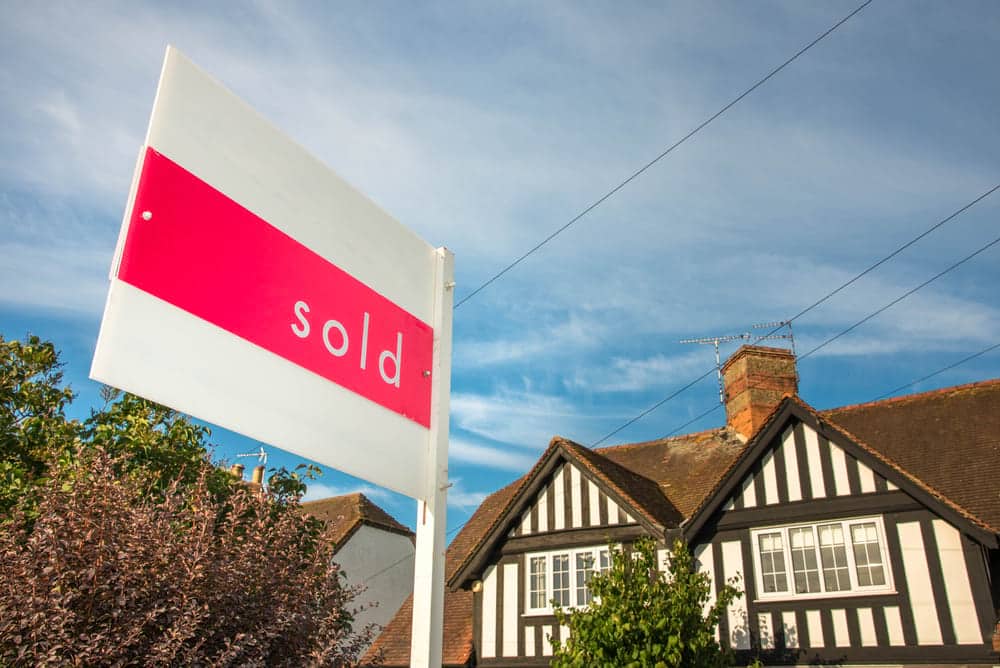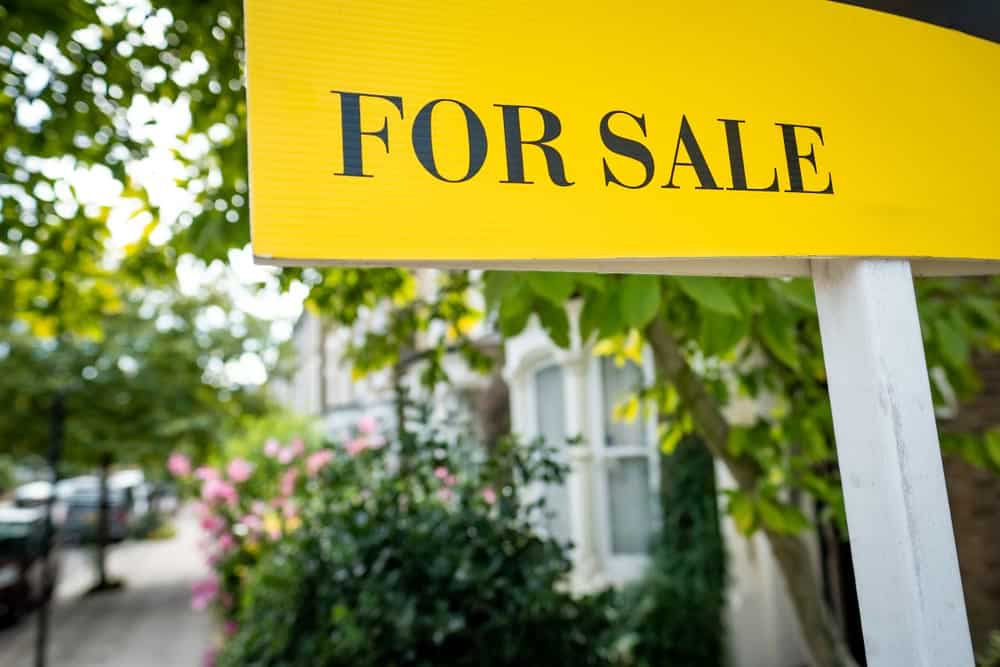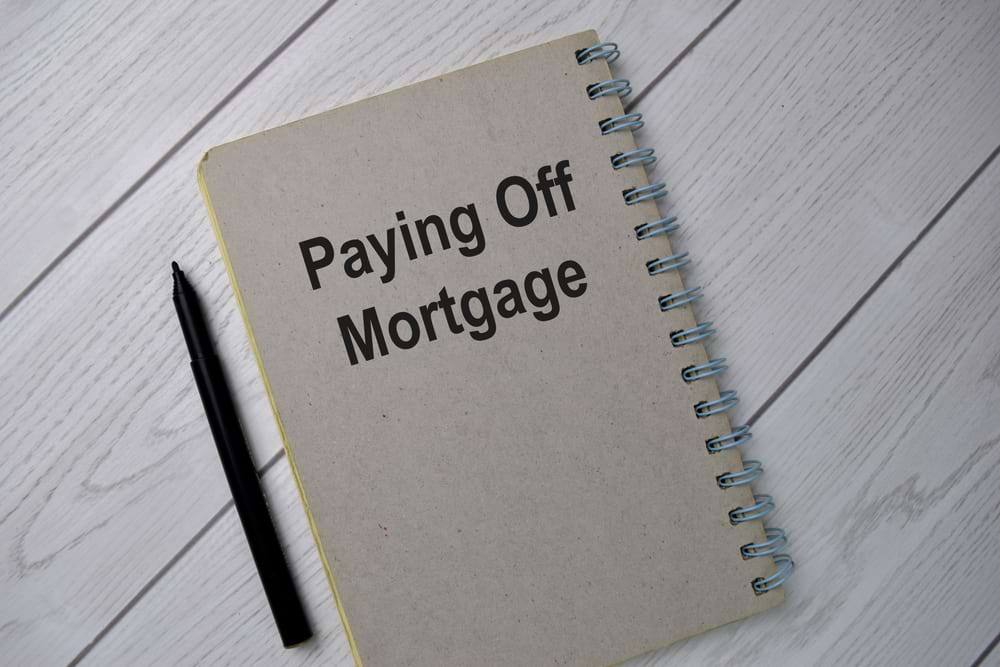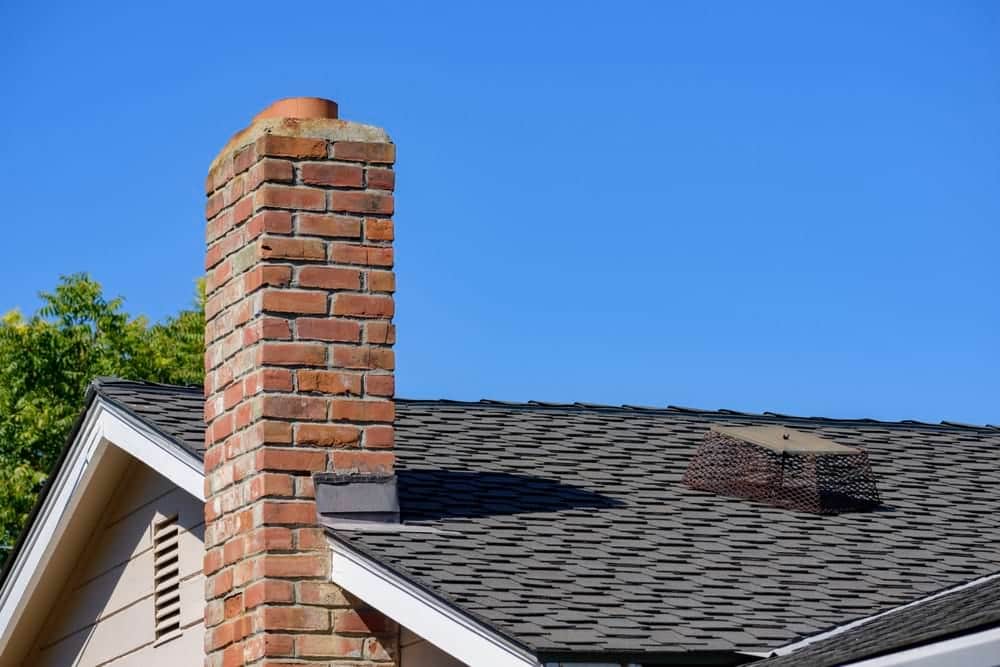Housing transactions regularly fall through.
This can cost buyers or sellers a lot of money in solicitor’s fees.
Who exactly it costs depends on several factors.
Read on to find out what they are.
Why housing transactions fail
Sometimes a buyer will simply change their mind or find somewhere else they prefer.
However, often it isn’t their fault at all, including when:
- Their mortgage provider may down value your property. If you refuse to renegotiate they may not be able to make up the difference
- A change in their circumstances could mean their mortgage offer is withdrawn
- Someone might offer a higher amount for your home – known as gazumping – causing the original sale to fall through.
- A survey might find issues that put a buyer off.
- Problems during conveyancing, such as a lack of planning permission for work on your home, may take too long to resolve.
Any of the above could happen at any point in a housing chain and delay or collapse every transaction in it.
What is conveyancing?
A vital part of any housing transaction, conveyancing deals with all the legal ins and outs of transferring ownership of a property.
It’s complicated and involves lots of paperwork. It is possible to do it yourself, but unless you are an expert it’s safer to hire a solicitor or conveyancer.
They both do the same work but conveyancers focus on property law whereas solicitors cover a wider legal area.
If your case is more complicated, perhaps involving divorce or inheritance, a solicitor may have expertise in those areas too.
There are also online conveyancing options that are usually cheaper, but you won’t get the face-to-face contact or local knowledge that comes with a traditional service.
Solicitor’s fees
Before we look at what happens when a sale falls through it’s worth understanding how much conveyancing costs.
Charges vary depending on the value of your house and how simple the ownership is, for example leaseholds are more complex which is reflected in higher costs.
You’ll either be charged a fixed fee or a percentage of the sale price, so you’ll need to work out which is better value for you.
As well as the legal fees of your solicitor, you’ll need to pay for admin charges, known as disbursements, such as:
- Copies of title deeds – £4 to £8
- Anti-money laundering checks – £6 to £20
- Bank transfer fees – £25 to £45
A traditional solicitor will typically cost the most with a conveyancer usually a little cheaper and an online service the least expensive.
You could pay anywhere from £400 to £1,500 plus admin charges. This will increase if you are also buying a home.
Some solicitors will ask for a deposit before they start work and take the rest of their fees on completion.
Others will take all their costs out of the money you make from the sale, before transferring the remaining amount to you.
Costs if a buyer pulls out
When you ask a legal professional to act for you, they will send you a letter of engagement which sets out in detail how much you will be charged and what their terms are. T
his includes what happens if your buyer pulls out.
Some conveyancers offer no sale no fee services but you will still have to cover any disbursements they have had to pay out.
Online conveyancers often use this to attract customers.
For those that don’t, the amount they charge will usually depend on how far along the process you are.
The solicitor is likely to charge for the time they have spent on your housing transaction plus admin costs, or they may have a policy to charge a fixed percentage of the overall fee if a sale falls through.
If you are still eager to sell your home after a sale collapses, talk to your conveyancer and ask if any of the work they’ve done so far could apply to a new sale so you do not pay twice for it.
Pulling out after exchange
Once contracts have exchanged both sides are legally committed to the transaction. There are heavy penalties if the buyer pulls out at this point.
If this happens the seller is entitled to keep the 10% deposit. They can also sue for damages to cover costs such as legal fees and any loss in value of the home if the market has depreciated.
Because of the expense it’s rare for buyers to walk away at this point.
If a seller decides not to sell they must pay back the deposit with interest.
They may also be asked to pay solicitor’s fees the buyers have incurred.
It’s also worth checking the terms of your estate agent’s contract – they may expect their fee to be paid if they have found a willing buyer.




















